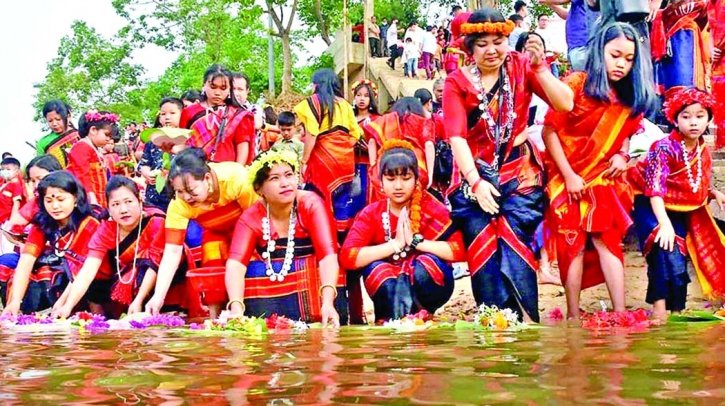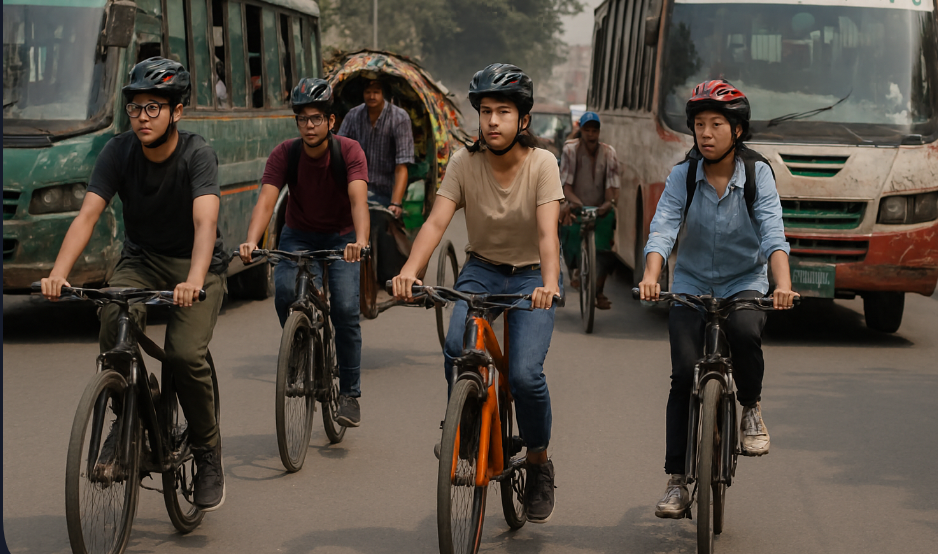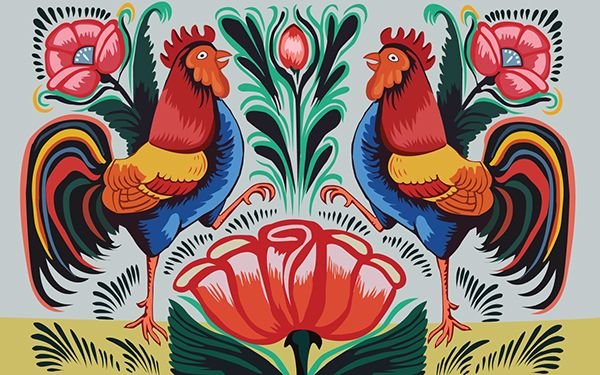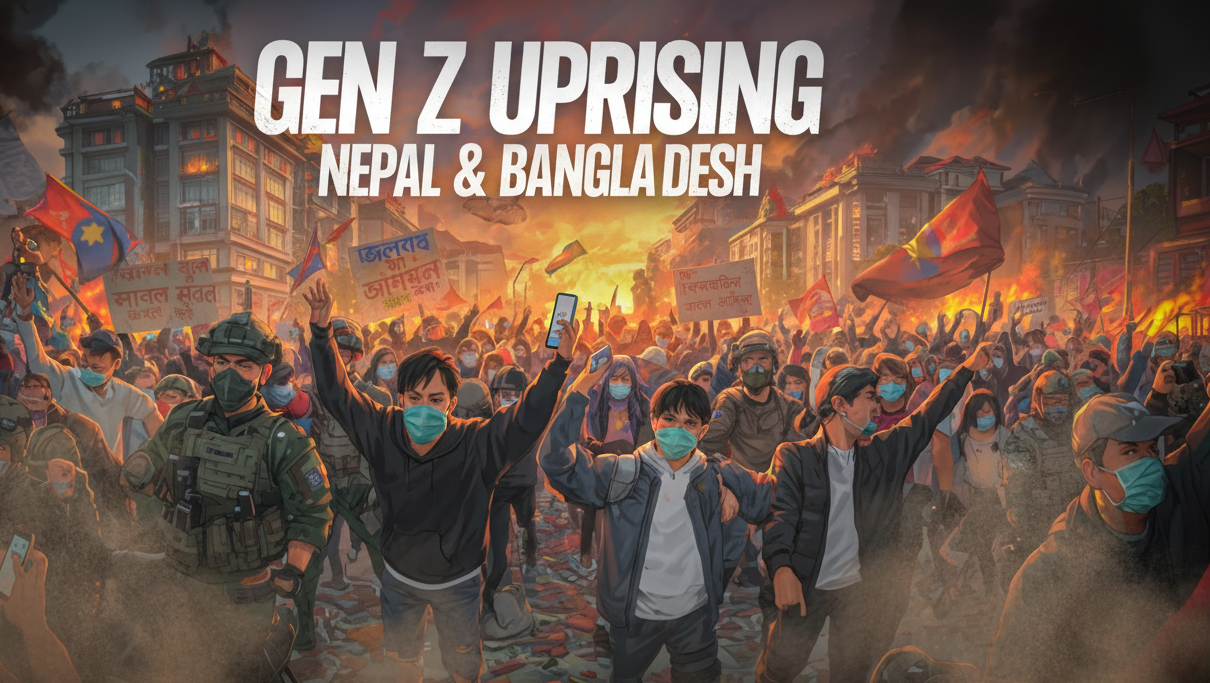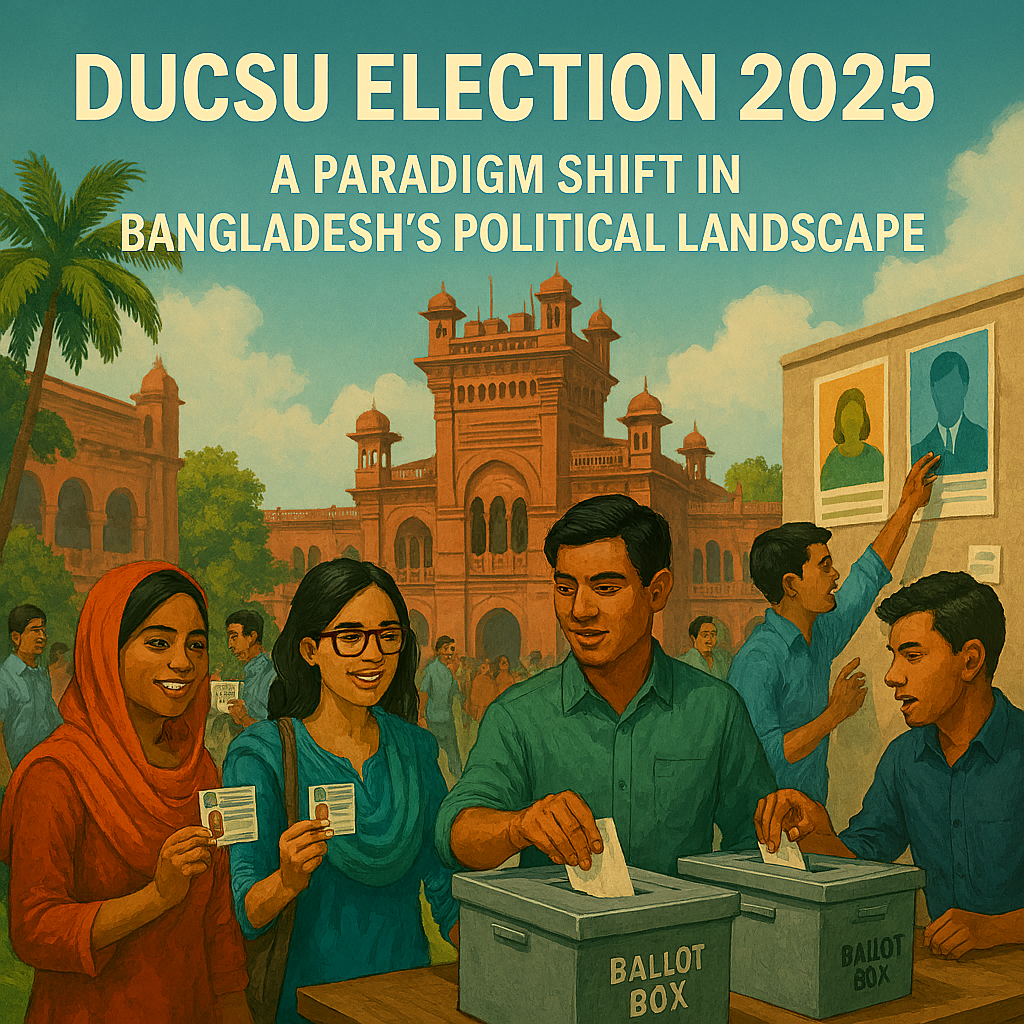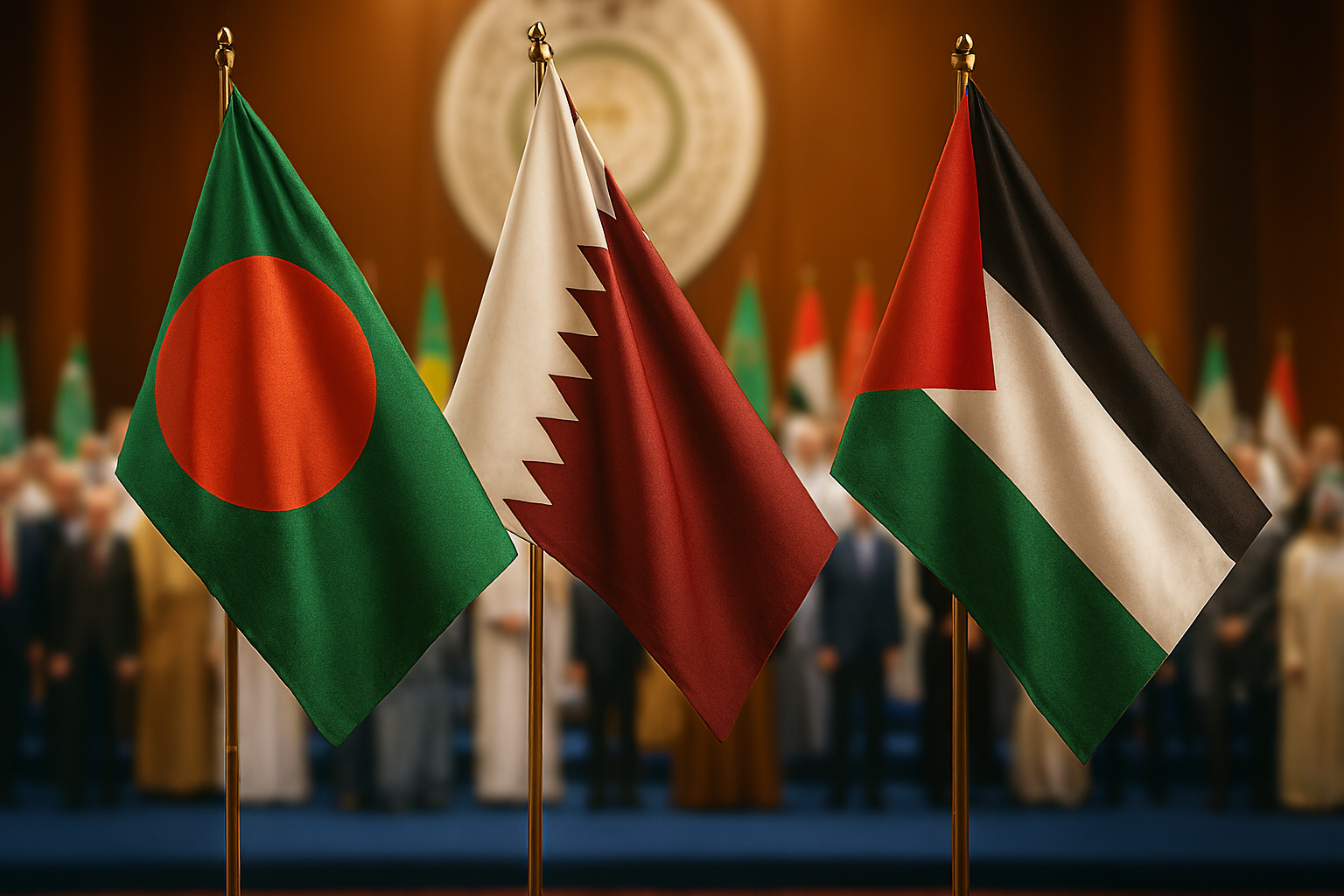What Bangladesh’s Young Politicians Can Learn from Zohran Mamdani
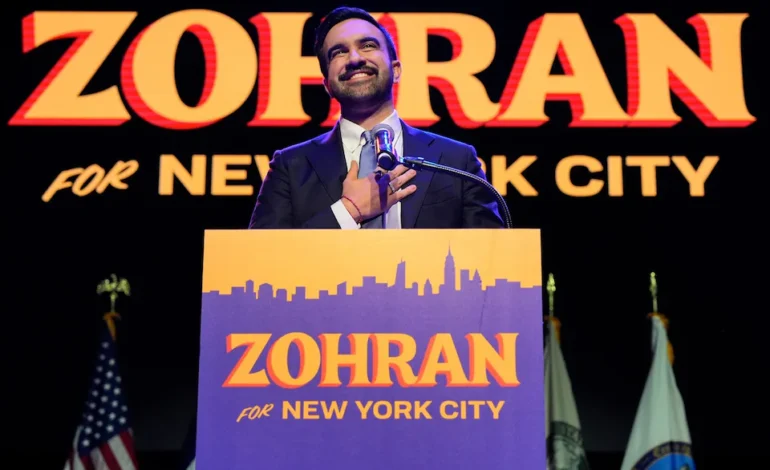
Zohran Mamdani: A New Face of Global Politics
Zohran Mamdani’s victory as the newly elected mayor of New York City marks a turning point not only for the United States but also for political aspirants across the developing world. As the first Muslim and first South Asian mayor of the city, Mamdani represents a new generation of leadership—diverse, inclusive, and driven by people-centric policies. For Bangladesh’s young politicians, his rise offers valuable lessons in how to combine authenticity, innovation, and vision in public life.
From Grassroots Activism to City Hall
Born in Kampala, Uganda, to renowned academic Mahmood Mamdani and filmmaker Mira Nair, Zohran Mamdani’s multicultural upbringing shaped his worldview. After moving to the United States, he attended Bowdoin College and immersed himself in community work before entering politics.
In 2020, he won a seat in the New York State Assembly representing Astoria, Queens. His legislative focus on housing affordability, healthcare access, and immigrant rights quickly made him a rising star among progressives. By 2025, at just 34, he became the youngest mayor of New York City in more than a century.
His journey from community organiser to mayor underscores a critical idea: politics begins at the grassroots. Bangladeshi youth leaders can take note—real credibility comes not from political lineage but from a consistent presence in people’s daily lives.
Authentic Leadership Over Legacy Politics
Bangladesh’s political culture has long been shaped by dynastic leadership. Mamdani, however, shows the power of authenticity. His campaign focused on tangible issues such as affordable housing, public transport, and community safety rather than identity slogans or party loyalty.
Young Bangladeshi politicians can draw from this example. Instead of repeating partisan narratives, they can build credibility by addressing everyday struggles—urban waste management, unemployment, rising living costs, and digital inclusion. Voters increasingly prefer leaders who understand real problems over those who merely inherit power.
Building a Broad, Inclusive Coalition
Mamdani’s campaign united working-class voters, immigrants, students, and progressive professionals. His ability to bridge cultural and economic divides was central to his success.
Bangladesh’s political landscape is often polarised along party and class lines. For young leaders, the challenge lies in reaching beyond their comfort zones—engaging urban youth, rural communities, women’s groups, and climate activists alike. Mamdani’s inclusive model shows that winning trust across diverse groups is not only possible but essential for long-term credibility.
Digital Strategy Meets Street Politics
Mamdani’s campaign was a masterclass in blending online activism with offline community work. His team effectively used social media to mobilise volunteers, raise funds, and communicate policy goals while maintaining traditional face-to-face engagement.
Bangladesh’s young politicians already have digital literacy, but their campaigns often lack authenticity online. Borrowing from Mamdani’s approach means using digital platforms not just for slogans but for storytelling—sharing real community initiatives, listening to feedback, and responding transparently to criticism.
Digital strategy should amplify on-ground activism, not replace it.
Policy Innovation and Vision
What truly set Mamdani apart was his bold vision. He proposed fare-free city buses, rent freezes for tenants, universal childcare, and public grocery stores. These policies were radical yet practical, designed to ease the daily burdens of working people.
For Bangladesh, policy innovation is an area where young politicians can lead. Whether through renewable energy initiatives, affordable urban housing, or youth entrepreneurship programs, fresh ideas can redefine governance. The key is to combine idealism with implementation—policies that inspire but can also be delivered.
Global Awareness with Local Action
While Mamdani’s policies were rooted in New York’s local realities, his worldview was undeniably global. He often spoke about climate justice, migrant rights, and international solidarity—issues that resonate across borders.
For Bangladesh, a country deeply affected by global challenges like climate change and economic migration, this balance is crucial. Young leaders can take inspiration from Mamdani’s ability to connect local policies to global narratives. By framing issues like renewable energy, digital innovation, and public health in a global context, Bangladeshi politicians can make their platforms more relevant and forward-thinking.
Connecting Bangladesh to the Global Political Shift
Around the world, a new generation of leaders is redefining what politics means. Figures like Finland’s Sanna Marin, Chile’s Gabriel Boric, and now Zohran Mamdani represent a departure from traditional politics. They embrace transparency, climate responsibility, gender equality, and citizen participation.
Bangladesh’s young politicians operate in a very different environment, but the global shift towards accountable and inclusive leadership offers a model. By focusing on service delivery, transparency, and civic engagement, they can bring similar energy to Bangladesh’s evolving democratic culture.
Leadership Beyond the Party Line
Mamdani’s rise also shows the importance of independent thinking. While aligned with the Democratic Party, he often took principled stands that diverged from the party establishment. This independence resonated with voters tired of rigid partisanship.
In Bangladesh, young politicians can learn to navigate within party structures while maintaining personal integrity. Being loyal to one’s ideals and community rather than blindly following party hierarchy can lead to genuine reform.
Challenges Mamdani Will Face—and Why They Matter
Even with his historic victory, Mamdani faces steep challenges. Implementing large-scale social programs in a city as complex as New York will require financial discipline and political alliances. Balancing progressive ideals with pragmatic governance will test his leadership.
For Bangladesh’s youth leaders, observing how Mamdani handles these challenges could be a masterclass in political maturity. Leadership is not only about winning elections—it’s about delivering results in complex systems.
A Generation Ready for Change
Zohran Mamdani’s election as mayor of New York City is more than a personal victory—it represents a global shift towards diverse, dynamic, and empathetic leadership. His story resonates with young Bangladeshis who dream of a fairer, cleaner, and more accountable political culture.
By embracing authenticity, inclusion, innovation, and courage, Bangladesh’s young politicians can follow Mamdani’s example to reshape their nation’s political future. Leadership today is not about age or lineage—it’s about vision, empathy, and the courage to challenge the status quo.
